
by Gideon Marcus
A time to laugh, a time to cry
It's been something of a rocky week. A few days ago, Israel unilaterally announced that it was annexing all of Jerusalem, which had been de facto split after the 1948 war , and which de jure was supposed to be an international city. The good news is, the government promised to integrate the Jewish and Arab halves peacefully, and so far, it looks like they are trying to do just that. Still, the move is drawing condemnation from the world (strangely, I don't recall hearing aspersions cast against the Jordanians when they took half of the city…)

In sadder news, actress Jayne Mansfield was in a fatal car crash not far from New Orleans. You may remember her from Will Success Spoil Rock Hunter and other films and TV shows. She'd earned a reputation as a budget Marilyn Monroe, but from recent performances, it was clear her talent ran deeper than that. The only bright spot is that her three children, also in the car, escaped with minor injuries.
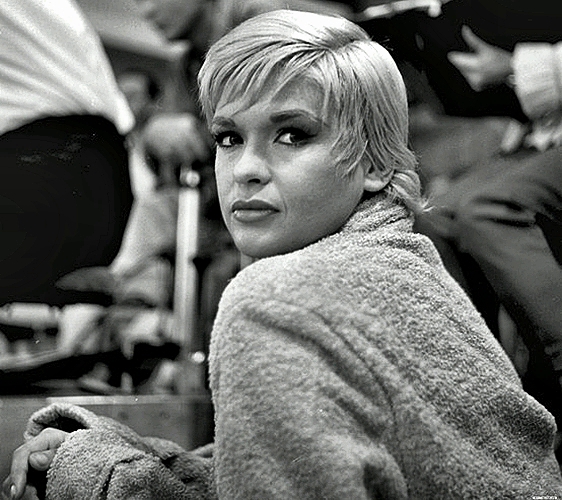
And in the You-gotta-laugh-or-you'll-cry department, Beach Boy Carl Wilson was set free after being tried for draft evasion. Seems being a conscientious objector works for some people, but not others. Witness one Muhammad Ali. Let me know if you can tell me what's different about the two cases.
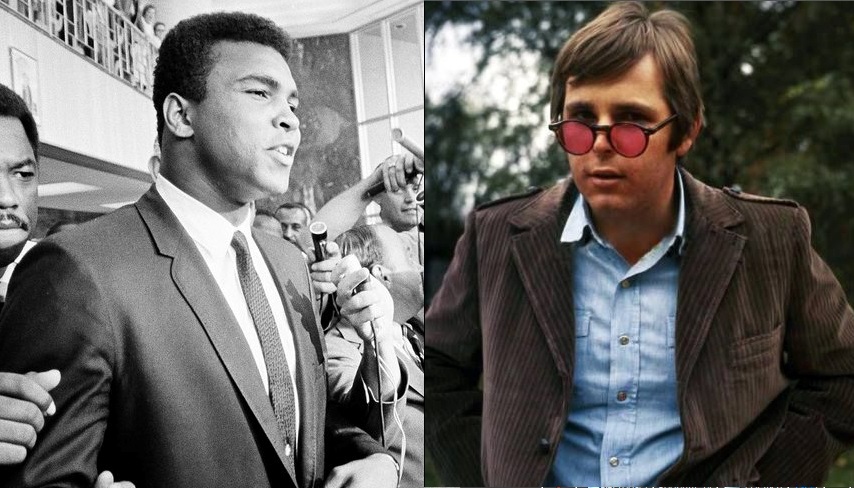
All ahead, half speed
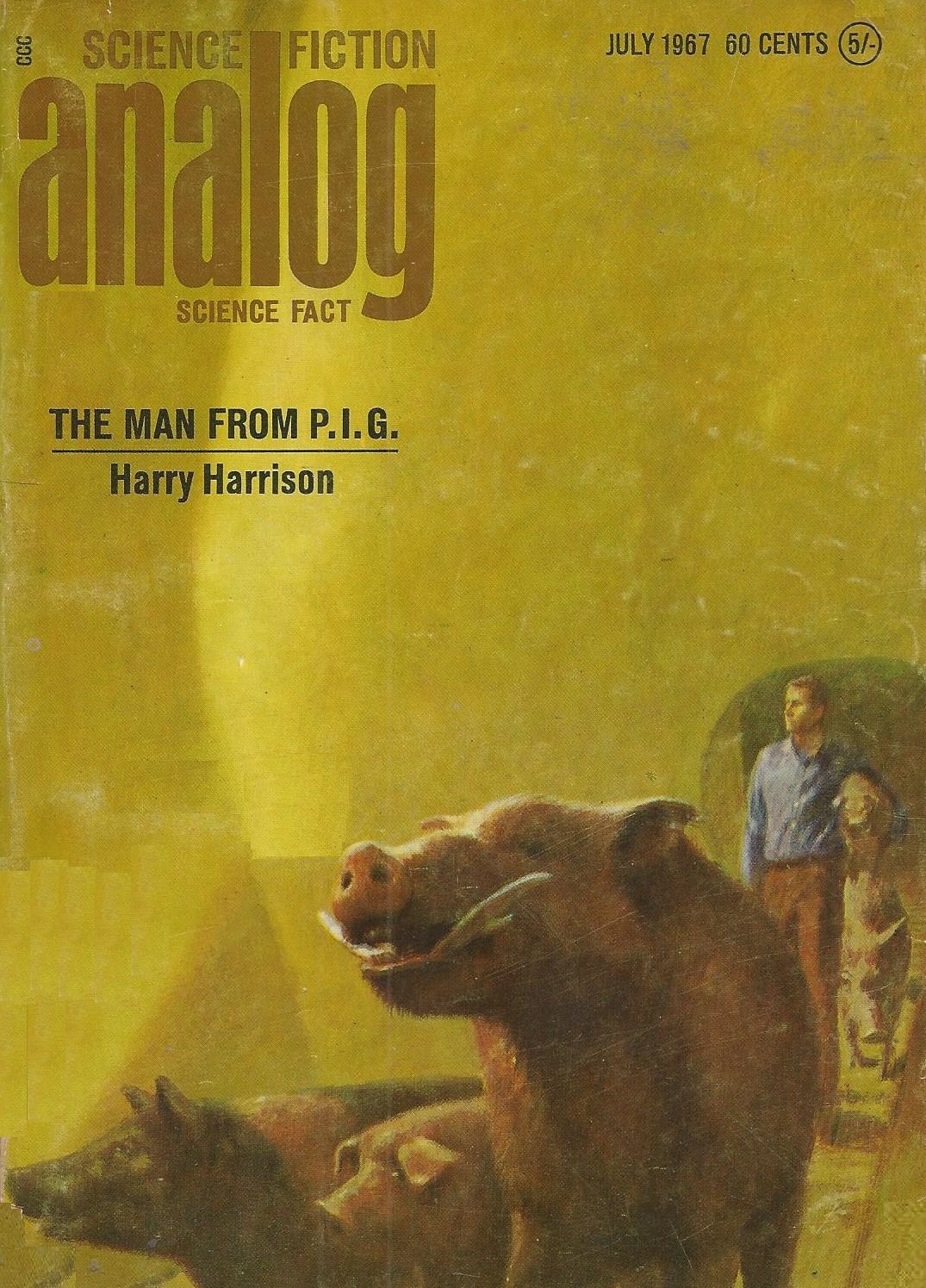
by John Schoenherr
Meanwhile, this month's Analog is not so much ups and downs, but a straight shot. Sort of like Route 99 to Sacramento–easy going, but a dull drive.
The Man from P.I.G., by Harry Harrison
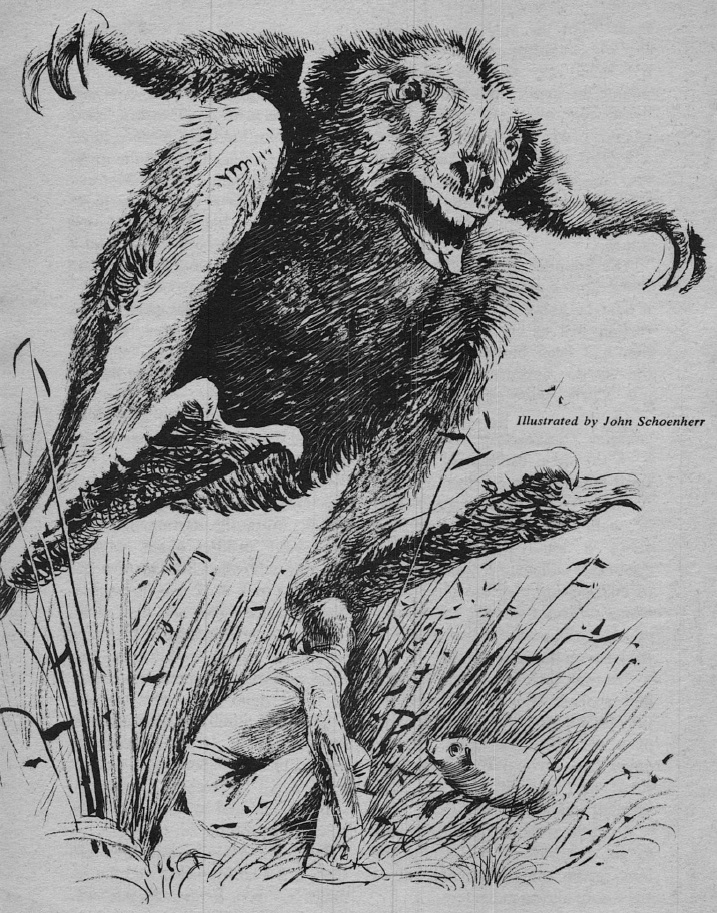
by John Schoenherr
First up is an unusual interstellar fixit story in the Retief or Chris Anvil mold. Bron Wurber, pig herder, arrives on a remote world in the middle of a crisis. Its governor had just sent out a distress call about the mysterious plateau just outside of town that not only appears to be haunted, but is fatal to any who explore it. Bron seems the most unlikely of support…until he reveals he really is a government agent, and the pigs are of the one-ton, super-intelligent variety. With the help of his porcine aides, Bron cracks the case and saves the day.
P.I.G. works as an action-adventure story, and if you can get past the "as you know" explanations of why pigs are better than dogs (and who can argue with that? But cats beat them both…) then you'll enjoy yourself. The piece does not work as a whodunnit, though. Harrison has to explain the characteristics of the culprit at the end of the tale rather than dropping clues throughout. I have to wonder if I missed a setup story somewhere. Alternatively, this may be the first in a series, and the next one will thus be better prepped.
Three stars.
Compound Interest, by Christopher Anvil
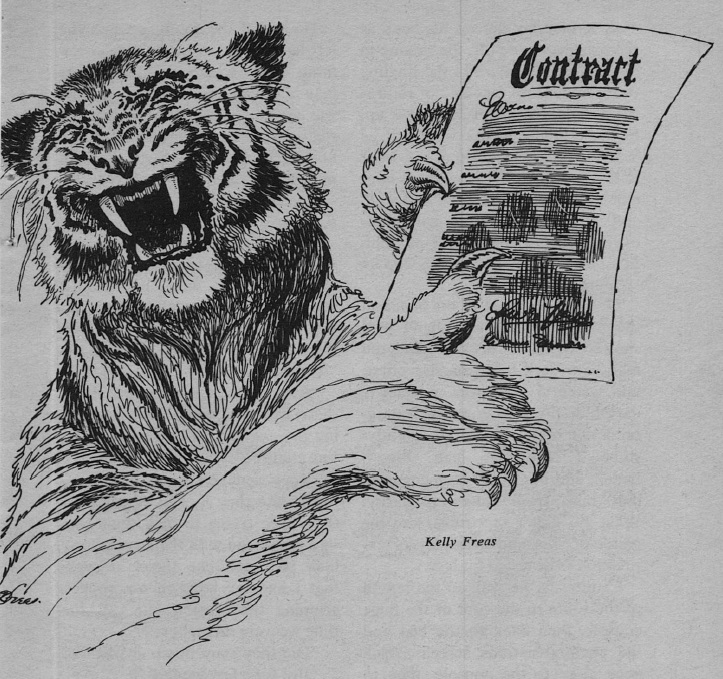
by Kelly Freas
A couple of months back, we got a story about a troubleshooter who helps establish the sapience of an indigenous race of cat people, thus frustrating the commercial schemes of a settling corporation.
This tale rather unnecessarily retells the same story, but from the point of view of the commercial types. Anvil adds a silver lining at the end of the story, depending, of course, on psionics (this being John Campbell's mag, after all).
The first story was decent. This was is rather pointless. Two stars.
Annual Report, by Listening Inc.

Instead of contracting a science writer this month, Campbell just borrowed a catalog from an outfit called Listening Inc. They make all kinds of interesting sonar/listening gear, including stuff for talking to dolphins.
There's not a lot there, but it's interesting. Three stars.
Aim for the Heel, by John T. Phillifent
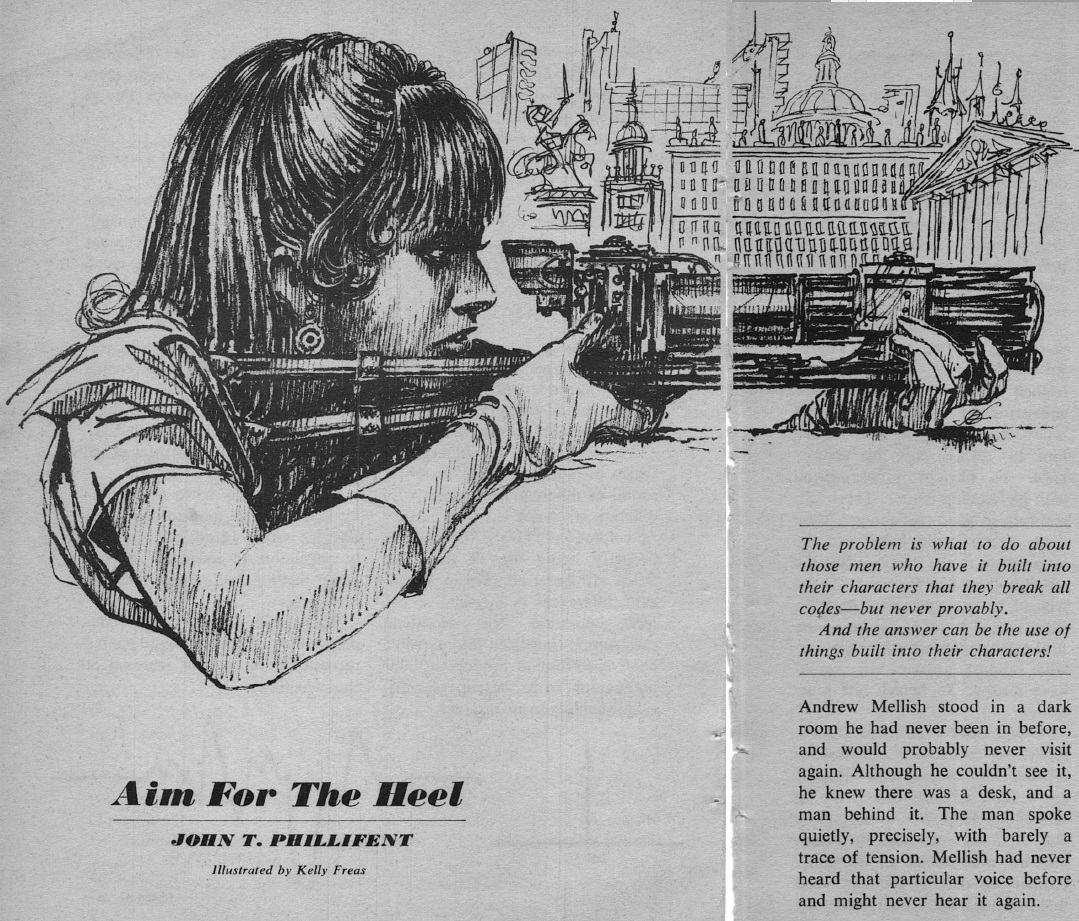
by Kelly Freas
Accompanied by the most striking art of the issue, Heel is the story of an international agent whose job is to facilitate, but not directly cause, the assassination of otherwise unreachable criminals. He does it by researching his targets, and then maneuvering them into a situation whereby they end up dead at their own hands.
It's somewhat gray, morally, rather like the season of Mission: Impossible we just watched. It also delights a bit too much in what it does, to the point of being lurid.
But it is readable. Three stars.
Something Important, by E. G. Von Wald
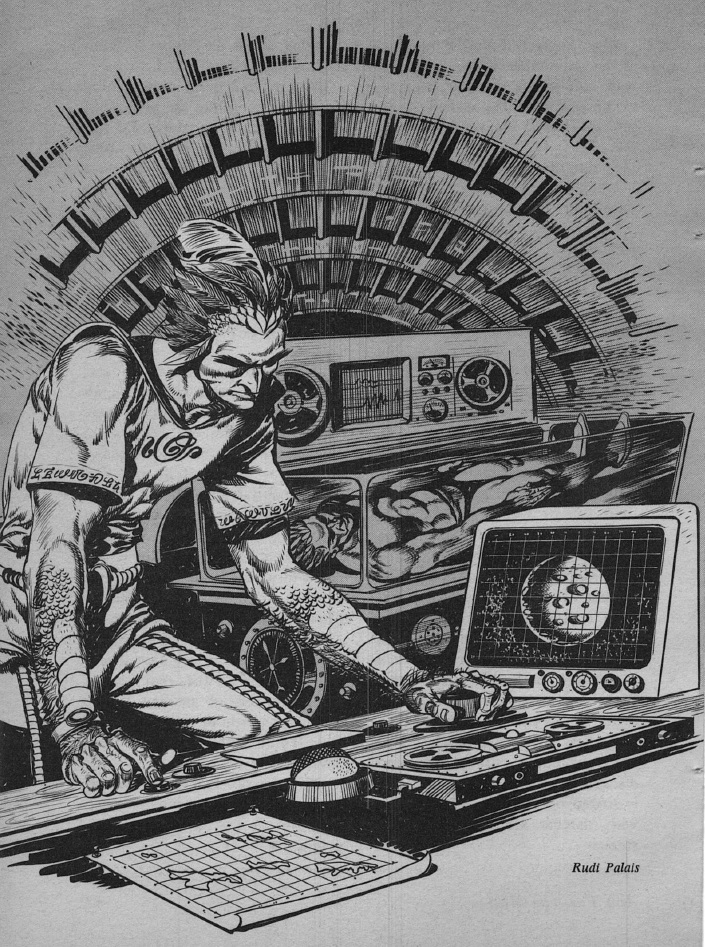
by Rudy Palais
I liked this one, about a disabled alien ship that sends out a distress call, and the communications team that cracks the code to effect a rescue. There's not much to it, but the message (no pun intended) is nice.
Three stars.
Computer War (Part 2 of 2), by Mack Reynolds
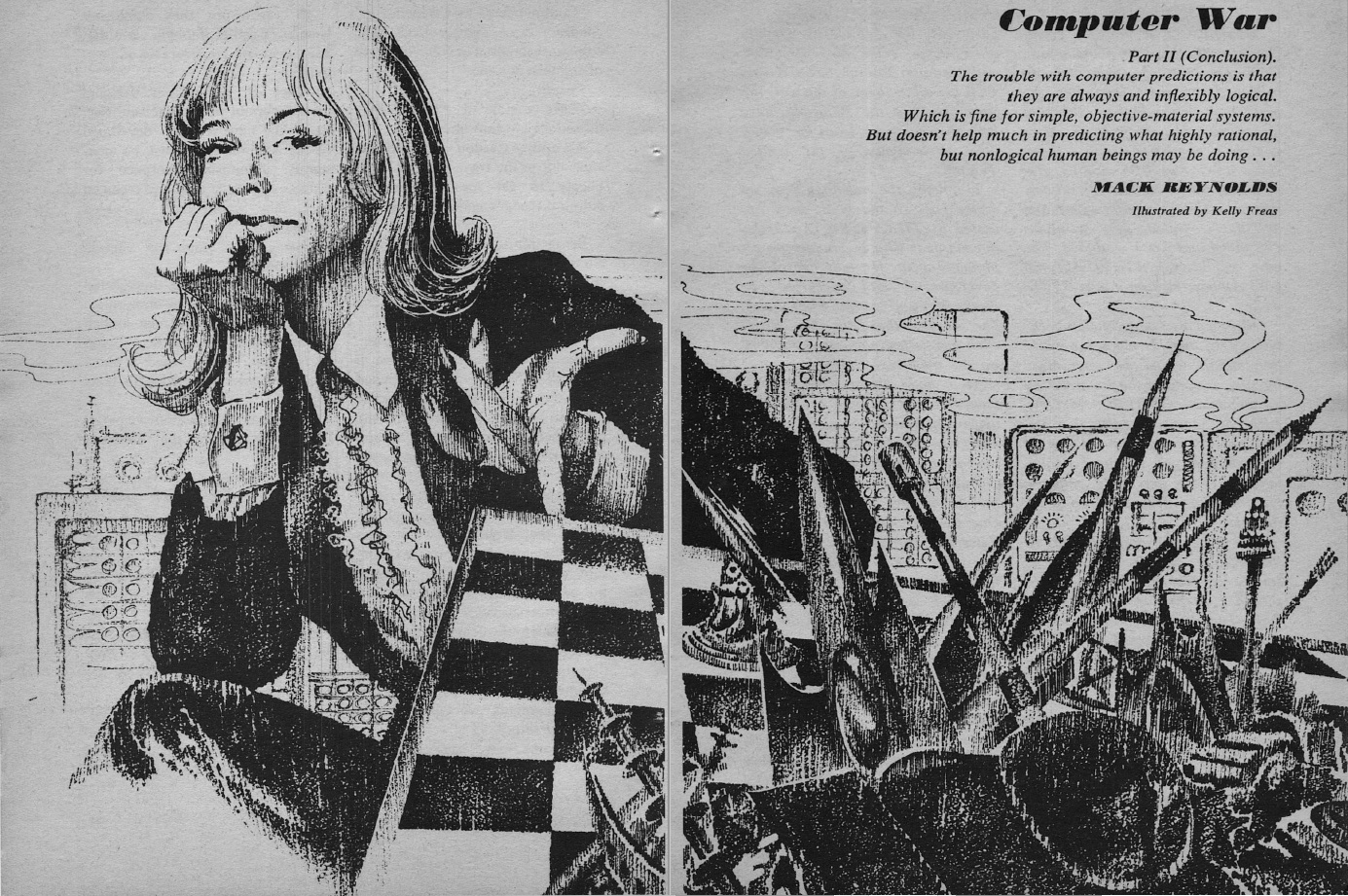
by Kelly Freas
Last issue, we were introduced to the autocracy of Alphaland, which had just gone to war with its rival, Betastan, and run into difficulties. The Betastani refuse to fight fair, retreating from their cities, only using subs for naval engagement, and using thousands of agents to create havoc within Alphaland. As a result, Alphaland, despite computer predictions to the contrary, is on the verge of collapse.
Reynolds likes to cloak history lessons in the guise of fiction. Sometimes he's successful at the task, and sometimes it feels like he's submitting a series of essays with a thin veneer of plot around them. This latest effort is the latter. The characters are cardboard, although the lessons have some applicability to our current quagmire in Vietnam.
A low three stars.
Bite, by Lawrence A. Perkins
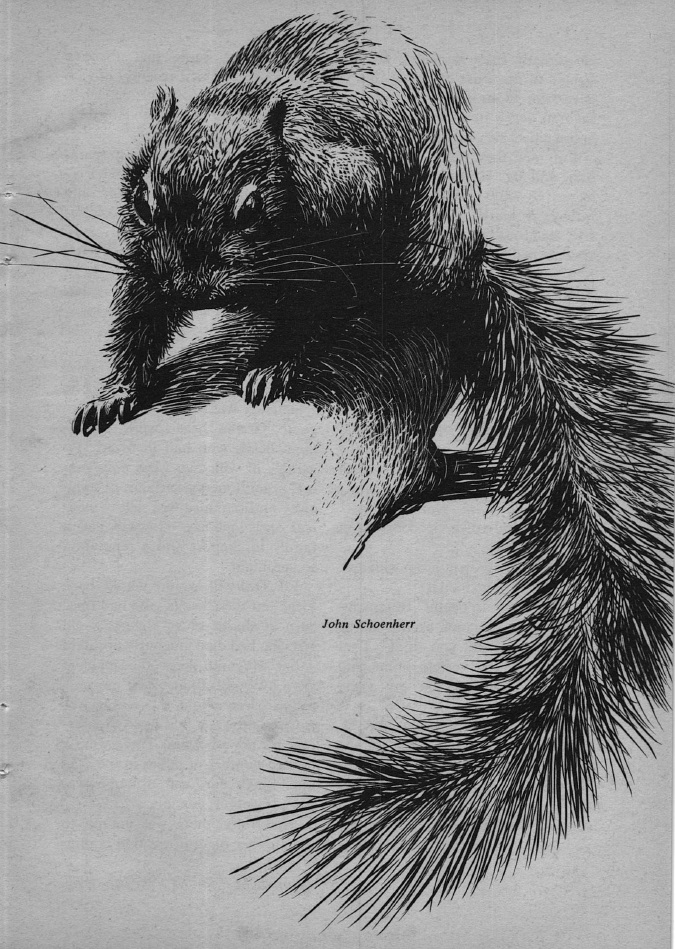
by John Schoenherr
Lastly, an unpleasant tale of an unpleasant doctor who contracts rabies, and the unpleasant choice another doctor has of deciding whether it's worth treating him or not.
I didn't like it. Two stars.
Traffic statistics
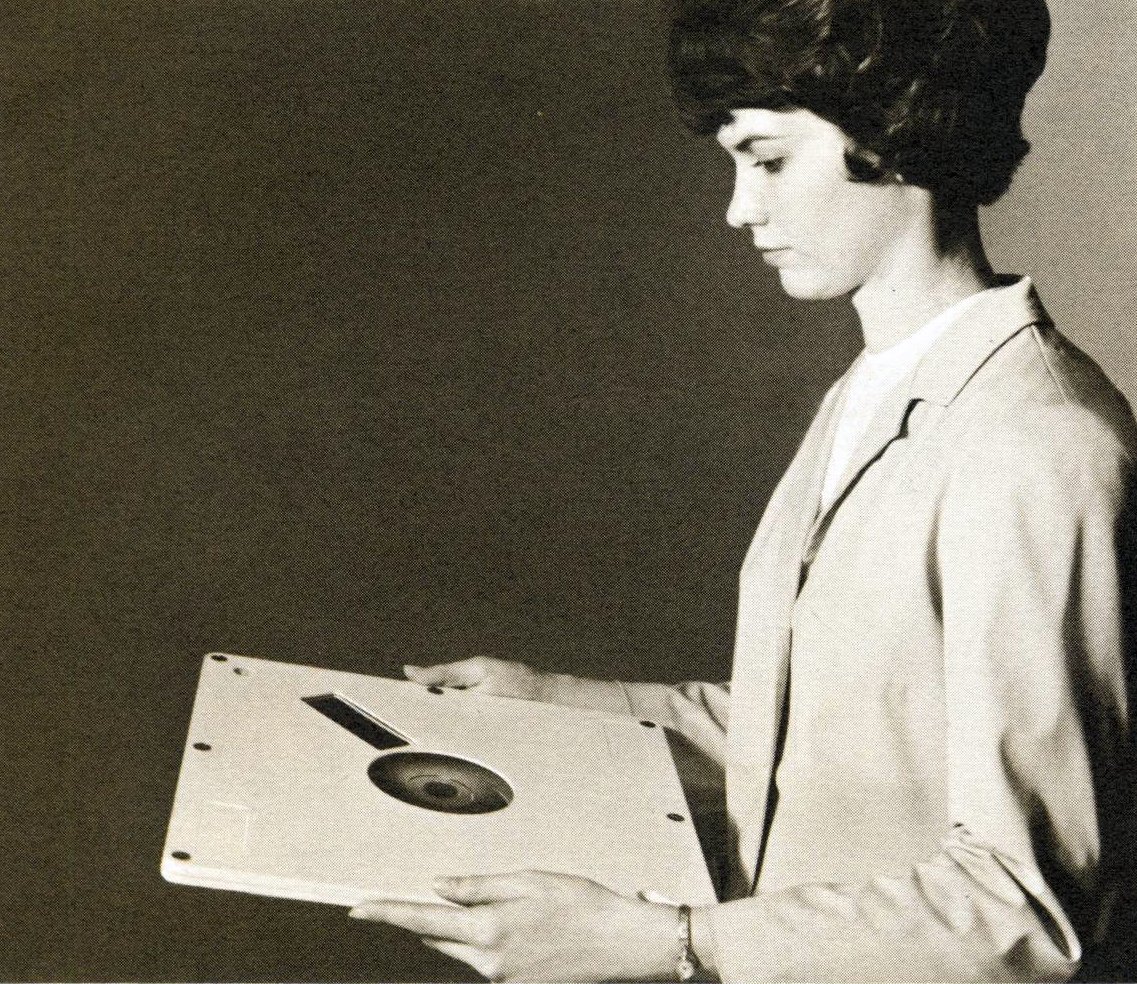
Not only did this month's Analog score a rather peaked 2.7, but there is a smug sameyness to every story, as if each one was pressed through the Campbell machine and laminated with a greasy coating. The other mags this month, such as there were, weren't much better though. Fantasy and Science Fiction and IF also scored 2.7, and only Fantastic (3.2) and New Worlds (3.5) were better, the first comprising mostly reprints, and the latter a half-size mag.
All told, you could take all the good fiction and fit it in one decent-sized digest. Two of the 30 new fiction pieces were by women, both of them quite short. I guess it's no surprise that the action is in SF novels these days.
Still, I like my magazines, and I hope they get their act together. Otherwise, this is going to be one throughway most folks will want to turn off from.



Apart from P.I.G., every story in this issue was forgettable, even the decent ones. I only read these a few days ago, and in virtually every case I needed your recap to remind me of what happened.
The Harrison was all right. Entertaining enough, but I don't really mind if he never writes another with his porcine protagonists. Harry's better than a lot of what he's been putting out lately, though I suppose relocating back and forth across the Atlantic is likely to hamper one's writing.
While it was interesting seeing the Anvil story from the other side, as it were, we'd all have been better served if he'd just written one story from both viewpoints. Remember when Anvil was a decent writer with promise? I almost do, but my memories are fading.
Campbell's given us a couple of articles by the brain behind Listening, Inc. This was largely a puff piece, though some of their products may have some promise. Are they publicly traded, because this sure looks like a wee bit of attempted stock manipulation on JWC's part (you know he's invested in them).
"Aim for the Heel" was sort of interesting, but also forgettable. I found it rather less believable than a typical episode of Mission: Impossible. Great piece by Freas, though.
"Something Important" didn't do much for me. Not a bad story. Just rather workmanlike.
The Reynolds ended poorly. He can usually pull this sort of thing off, but I guess they can't all be winners.
"Bite" was just barely science fiction. Maybe this is what happens when a SF writer tries to be lit'ry and lets Campbell get his grubby mitts all over the story. Unpleasant things happening to unpleasant people just doesn't work for me.
The secret agent craze is really getting out of hand, judging from some of the contents of this issue. The title of the lead story makes me roll my eyes.
The Freas and Schoenherr b&w illos were the best things in the issue. Pity ASF isn't an art magazine!